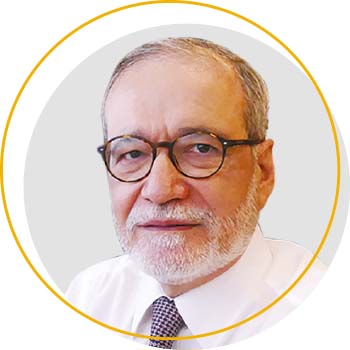the spanish lesson
In an article published in the newspaper O Estado de São Paulo, the president of the ETCO Advisory Board, Everardo Maciel, talks about the good example of Spain, which constituted a committee to examine its tax system, so that proposals for reformulation could be presented.

In April 2021, Spain decided to set up a commission made up of specialists, recruited from within the government and outside it, to produce a diagnosis of its tax system and, from there, prepare proposals to improve its efficiency and adjust it to the new requirements of environmental taxation. and the digital economy.
Last February, the commission presented, for debates, the “Libro Blanco sobre la Reforma Tributaria”, a consistent 788-page document.
Spain made the right choice. Any reform must be preceded by a diagnosis, which specifies the problem and transparently points out solutions accompanied by their repercussions. Otherwise, it is a mere authoritarian package, which often embeds less than virtuous interests.
The Spanish path is not unheard of. In the 1960s, the Special Commission for Tax Reform was created in Brazil, made up of qualified specialists, whose work resulted in Constitutional Amendment No. 18, of 1965, our most daring reform of consumption taxation.
No one doubts the existence of numerous problems in the Brazilian tax system. However, it is necessary to examine them with depth and impartiality.
The establishment of a commission today could be a good start. Some criteria to guide the work would also help: only reform what is essential, considering the benefits and costs of the change; seek true modernity, which includes environmental taxation, the digital economy, the parsimonious use of extrafiscality, the new financing of social security; curb abusive tax planning, which erodes tax bases and generates competitive imbalances.
The theme, however, should not be limited to tax reform, in the strict sense, but should pay attention to issues that are always ignored: tax bureaucratism, insistently alleged as a pretext for propositions and never faced; fiscal federalism, a patchwork quilt that harbors inconsistent criteria for income sharing and suspicious voluntary transfers, and does not know the specification of the powers of federative entities and the cooperation arrangements between them; and pathological proceduralism, the main source of the astonishing volume of litigation and legal uncertainty.
As Mário Henrique Simonsen, a member of the Reform Commission, taught: “If it is well stated, the most difficult problem in the world will be solved. Poorly stated, the easiest problem in the world will never be solved.”



